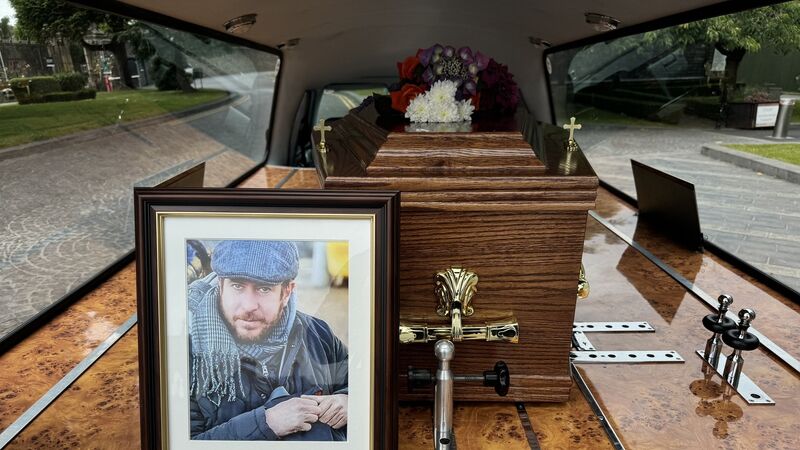Two homeless men who drowned in Grand Canal last year entered water at different times, inquest hears

The body of Alex Warnick, 42, a US national who had been living in Ireland for several years, was found completely submerged in the water. Picture: Stephen Collins/Collins
Two homeless men whose bodies were found in the Grand Canal in Dublin last year had entered the water at different times, but the exact circumstances of their deaths remain unclear, an inquest has heard.
Donal Scanlon, 49, who came originally from Ballybunion, Co Kerry, was found floating in the canal close to the Charlemont Luas stop at Grand Parade on the morning of July 6, 2024.











